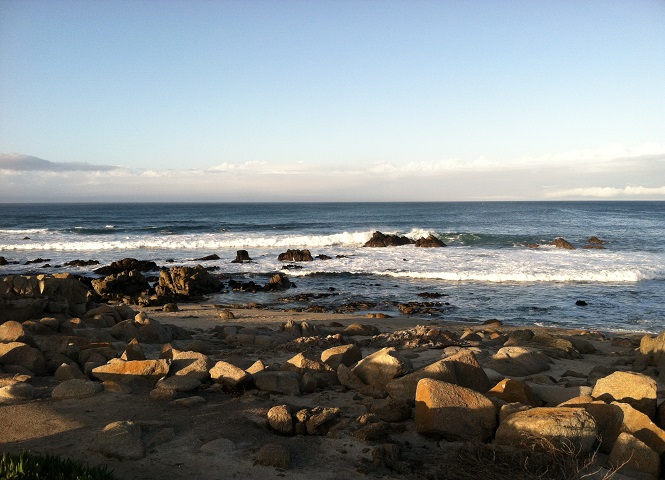 As you traverse to your favorite beach this summer, make sure you are leaving behind happy memories and not the remains of your day. Thinking ahead as you prepare for a day at the beach will ensure your favorite spot remains a beautiful place for everyone.
As you traverse to your favorite beach this summer, make sure you are leaving behind happy memories and not the remains of your day. Thinking ahead as you prepare for a day at the beach will ensure your favorite spot remains a beautiful place for everyone. “Treat the earth well, for it was not given to you by your parents, it was loaned to
you by your children.” ~Native American Proverb
Here are some tips for packing a waste-free picnic for a day at the beach (or your favorite park):
- Bring reusable water bottles, glasses and thermoses full of your favorite beverages. Avoid single use plastic water bottles. According to the Pacific Institute, in addition to the water sold in plastic bottles, it is estimated twice as much water is being used in the production process. So every time you buy a 16-ounce bottle of water, you are using 48-ounces of water, not to mention the other non-renewable resources that are being consumed.
- Bring cloth napkins, real silverware and dishes.
- If you need to wrap things up, use wax paper (which can be composted) or tin foil (which can be recycled).
- Pack whole foods purchased locally. An apple, for example, has its own “packaging” and it’s completely compostable.
- Avoid single serving and over-packaged foods, as well as plastic and Styrofoam. Bring only the amount of food you believe will be eaten.
According to Feeding America, Americans waste approximately 70 billion pounds of food every year.
Before you start your picnic have a designated location for people to put recyclables, compostables and garbage. It’s extremely important to make sure you do not leave anything behind that might injure the local wildlife.
The City of Monterey explained, “Each year, birds, fish and other mammals are killed or injured by waterway debris. Turtles mistake plastic bags for jellyfish. Birds get tangled in monofilament fishing lines or discarded nets. Fish get trapped in six-pack rings.”
Many people assume that if there is trash in the ocean it must be from the fishing or shipping industries. But in fact, according to the California Coastal Commission, only 20 percent of the items found in the ocean can be “linked to ocean-based sources, like commercial fishing vessels, cargo ships (discharge of containers and garbage) or pleasure cruise ships.” The remaining 80 percent is caused by people on land, land-based sources like “litter (from pedestrians, motorists, beach visitors), industrial discharges (in the form of plastic pellets and powders), and garbage management (ill-fitting trash can lids” and so on.